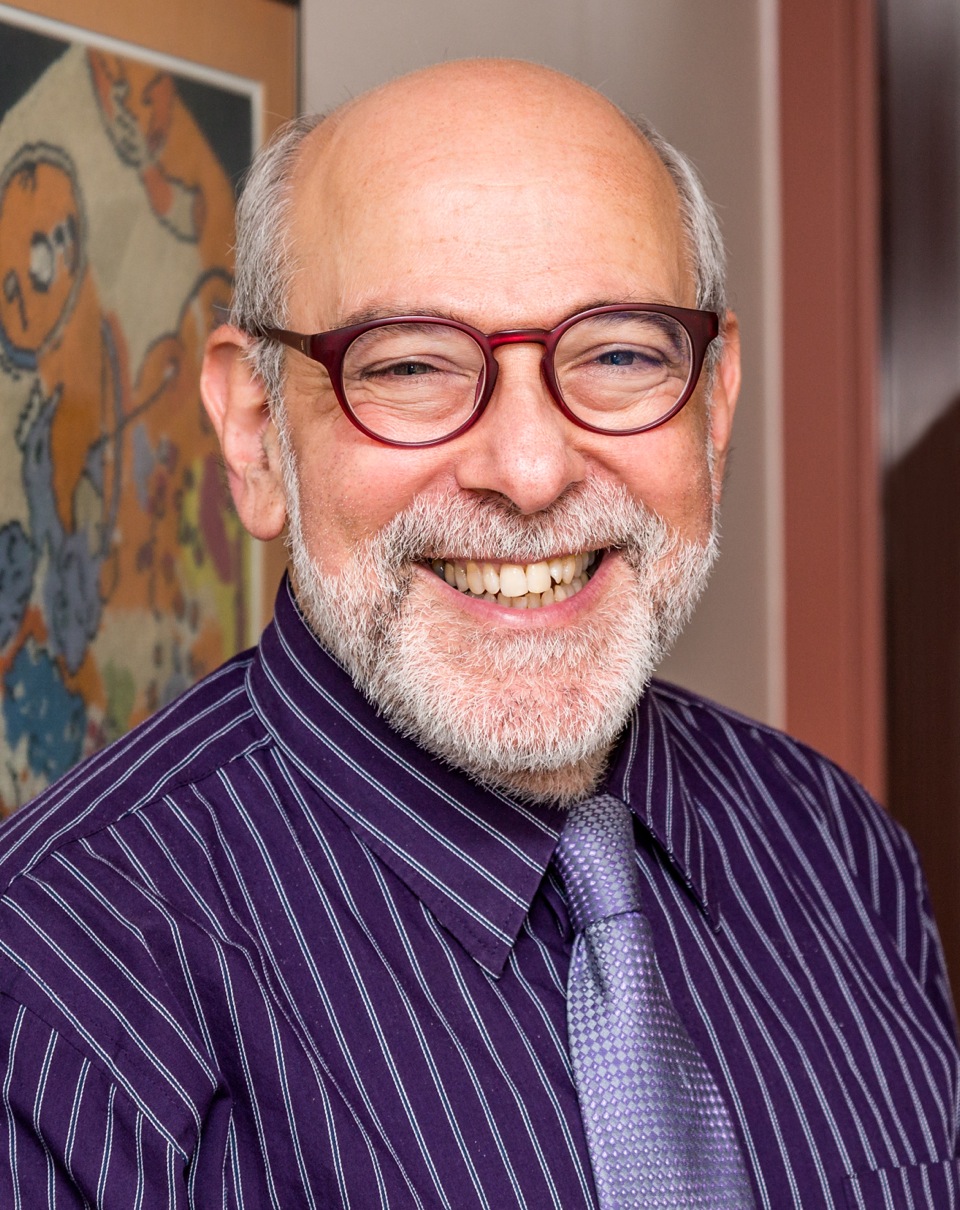“Sorry, Rabbi, but I just don’t get it. How could God treat Jacob so well, considering he was a thief who snatched Esau’s birthright from under his soup-filled mouth, and a liar who disguised himself to steal his father’s blessing intended for his brother? This is how God rewarded this selfish brat: adequate food and clothing, divine protection on his journey, and a personal glimpse of heaven and of God?”
My precocious Bar Mitzvah student asks me this question while composing his D’var Torah for his Bar Mitzvah this coming Shabbat. Focused only on the angel-ladder reaching heaven, my young student does not yet perceive the arc of Jacob’s entire life, and therefore cannot have easily grasp the importance of God’s preserving him for future responsibilities.
Between this parashah and the concluding portion of Genesis, of course, we readers of Torah understand how Jacob transitions from youth to maturity, that he learns from difficult situations, and why he ultimately bears the very name and persona of his people, they who “struggle with God.” We conclude from Jacob’s biography that we must bear the long view of history in mind.
Jacob’s life experiences demonstrate this:
Jacob does vow selfishly to worship God if God provides him with the necessities of life (28:20 ff). Yet in the very next parashah, Jacob shows wisdom, courage, and determination as he prepares to protect his family during what he presumes will be a knock-down drag-out confrontation with Esau (32:8-9).
When deceived by his father-in-law and compelled to marry Leah instead of his intended Rachel, Jacob responds to the insult not by throwing a tantrum but rather by completing his new term of service to win the hand of Rachel (29:21 ff).
An angry Jacob rebukes his sons Shimon and Levi for their premeditated murder of the people of Hamor’s village, after Shechem raped their sister Dinah. Instead of acting rashly as did his sons, he counseled patience while considering an appropriate response to this outrage (34:5).
And toward the end of his life, Jacob shuns political correctness and offers a sober evaluation of his life when asked by the Pharaoh of Egypt about his past. “Although I have lived 130 years, my life has been short and terrible, nowhere near the quality of life of my father or grandfather” (47:9).
Jacob seems to learn over time how to respond with authenticity to the injustices and bruises of life. And we can conclude that in our complicated world, people must maintain realism and patience, and see things along the long arc of history.
As we progressive Jews today engage in our struggles toward tikkun olam – whether striving toward equality of all peoples in Israel and Palestine, or confronting challenges emanating from a new American administration – we also need to maintain the long view that reminds us that “even though we are not required to complete the work, we are still obligated to remain engaged” (Pirkei Avot 2:16).
Let us remain confident in our people’s ability to organize around Jewish values and principles. This requires us to protect our neighbors and communities by standing up to those who would bully and belittle the dignity of any human being. The Torah demands that we “not stand idly by the blood of our neighbor” (Leviticus 19:16), so we are truly responsible for each other.
We must also understand and appreciate the power of the word, whether spoken, in print, or online. “A word properly spoken is like apples of gold in settings of silver” (Proverbs 25:11). We need to use our words wisely and, yet, passionately. Any protest or confrontation in which we engage should be direct and smart, preserving the bridges that others might inadvertently burn.
Sometimes it may appear that the moral arc of the universe that “bends toward justice,” to which the Rev. Theodore Parker referred in his abolitionist campaigns of the nineteenth century, keeps getting longer and longer. Still, we set progress as an ever-present goal. As the target seems to recede from our view – despite new roadblocks and challenges – we nonetheless can pursue our worthy objectives with determination and joy, knowing that someday our efforts will be successful.
Rabbi Jonathan Biatch leads Temple Beth El in Madison, WI.

